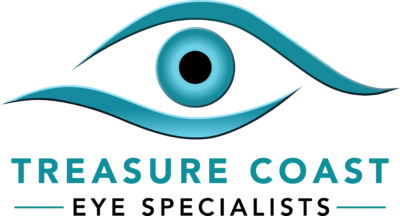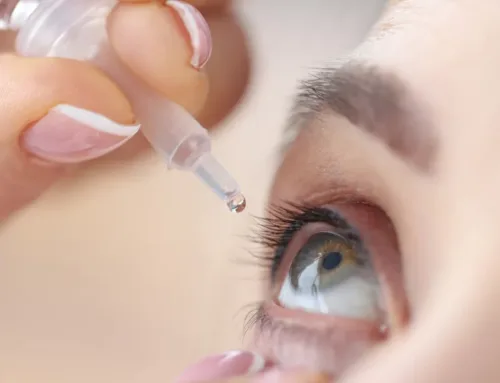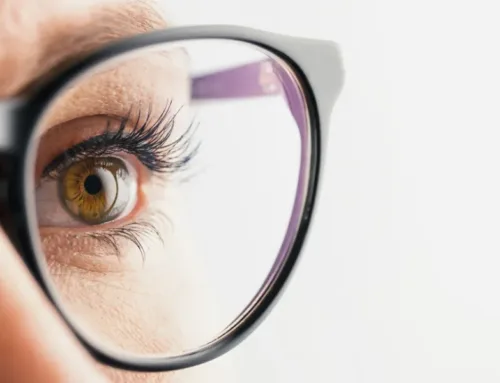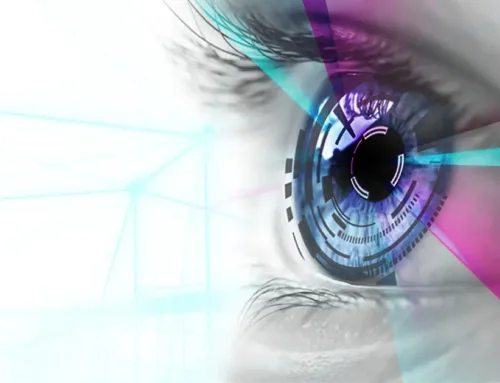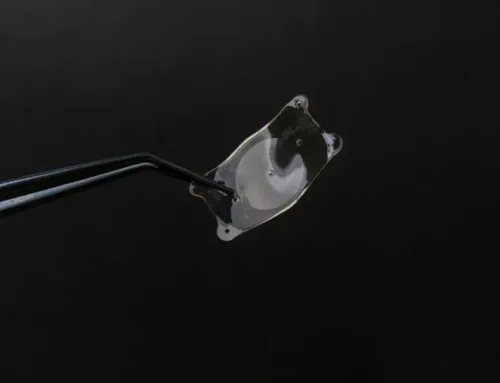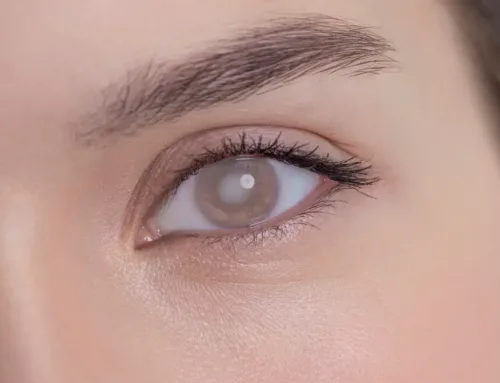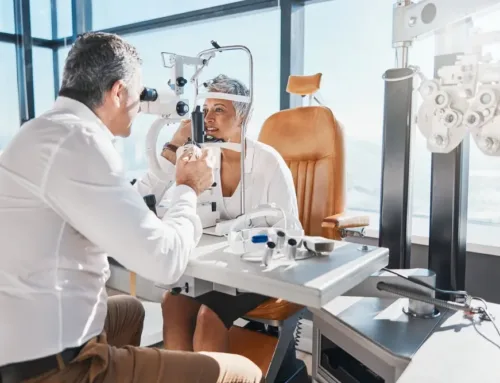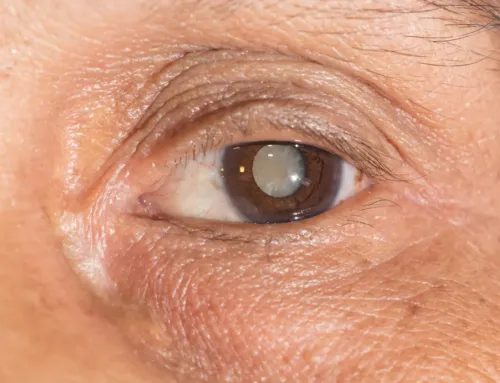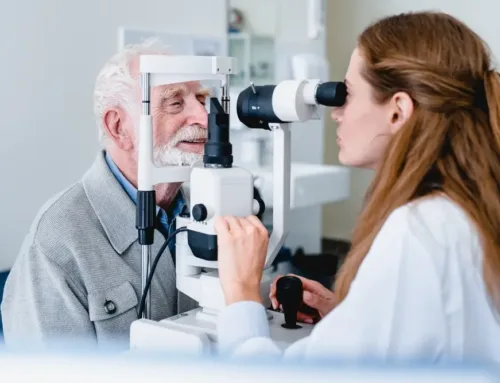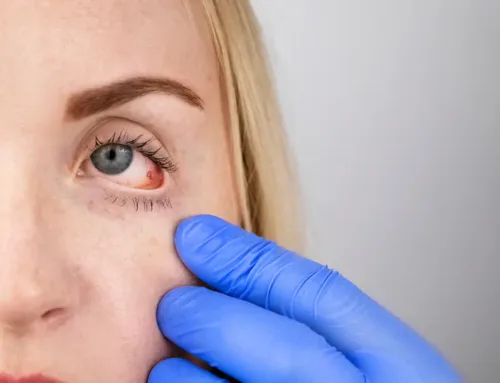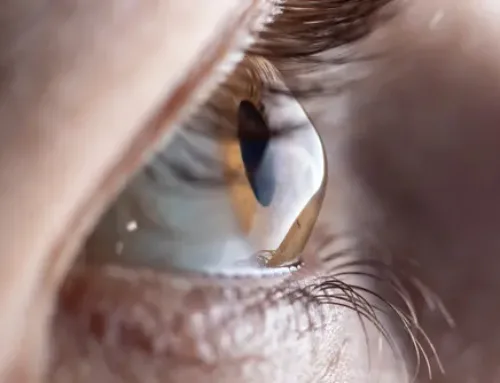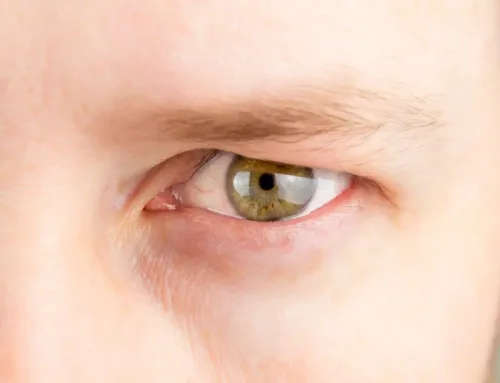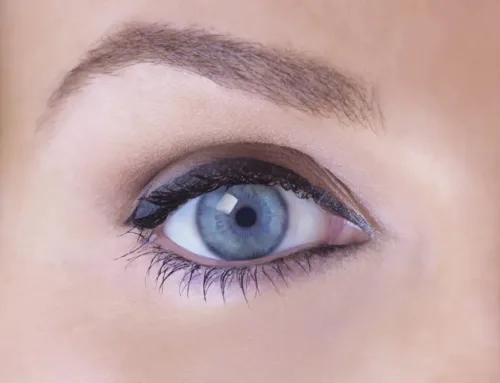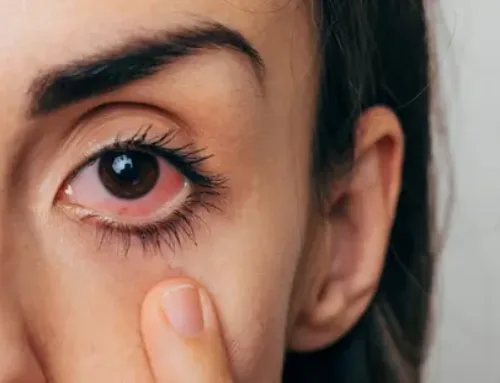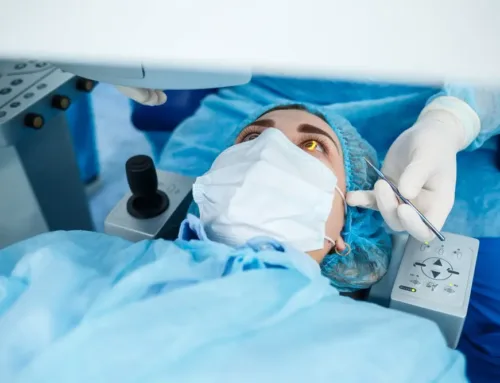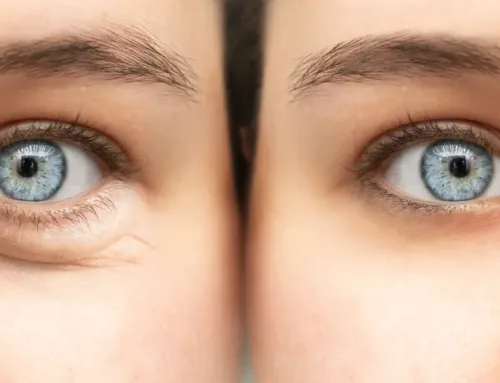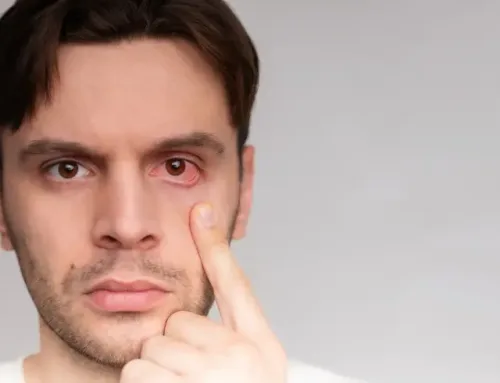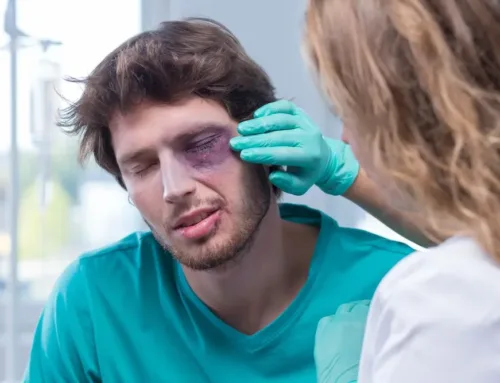There are a variety of different retinal disorders, which as their name suggests, affect the part of the eye called the retina. The retina plays a crucial role in our vision. Located on the inside back wall of the eye, it is an area of light-sensitive and nerve cells that intercept the light that passes into the eyes. The retina then organizes this visual information before sending it through the optic never to our brains, which tell us what we can see. When there is an issue affecting the retina it nearly always causes visual symptoms. Sometimes these are temporary, but there are also retinal disorders that can permanently alter our vision or cause total blindness if they aren’t treated promptly.
Unsurprisingly, retinal disorders require an expert ophthalmologist to identify and treat them. At Fier Eye Care & Surgery Center, we are fortunate to have Dr. Kevin Kelly, a fellowship-trained Retina Specialist, who has the extensive training and experience needed to diagnose and treat these disorders.
Diagnosing Retinal Disorders
Retinal disorders usually cause a number of visual symptoms, including:
- Blurred vision
- Distortions in your vision (i.e., straight lines appear wavy or crooked)
- Noticing floating specks or cobwebs in your vision
- Flashes or large floaters in your vision
- Lost vision
If you experience any of these symptoms, it’s crucial that you make an appointment with your ophthalmologist as soon as possible. To confirm whether you are affected by a retinal disorder and, if you are, which disorder it is, your ophthalmologist will need to perform a series of different tests. In addition to checking the quality of your vision, you may require tests that actually look at the retina itself and the blood vessels that serve it and keep it healthy and functional. This may include a dilated eye exam, an assessment of the quality of the blood vessels and whether or not they are leaking, and even a scan of the retina called Optical Coherence Tomography (OCT). Your ophthalmologist will explain to you what tests they recommend and what you can expect to happen at each of them.
Common Retinal Disorders And Their Treatments
As you might expect, every retinal disorder is a little different and so too are the treatments that are required to overcome them. Some of the most common retinal disorders and treatments are as follows:
Diabetic retinopathy: a common complication of diabetes, occurs when high blood sugar levels cause damage to the blood vessels serving the retina. The best way to prevent and treat diabetic retinopathy is to get your diabetes firmly under control. However, it may also be necessary to have treatment to stop the further development of abnormal blood vessels. This is usually in the form of laser treatment or injections.
Macular degeneration: in this leading cause of vision loss, the cells in the center of the retina that is responsible for seeing fine detail in our central vision begin to deteriorate. There are two types of macular degeneration, but in the ‘wet’ type, the blood vessels leak fluid onto the retina, compromising patient vision. Although there is no treatment for the ‘dry form of macular degeneration, there are solutions to stop the deterioration of patient vision for the ‘wet’ form. Most notably, these include anti-VGEF injections which stop the growth of abnormal blood vessels that could leak and damage the retina further.
Retinal tear: this eye emergency occurs when the vitreous fluid, which is the clear, gel-like substance in the center of the eye, shrinks and retracts, pulling on the thin layer of tissue lining the back of the eye with enough force to cause a tear. Urgent professional attention from a retinal specialist is essential to prevent permanent vision loss. The majority of retinal tears are treated with laser photocoagulation which re-attaches the retina to the underlying tissue.
Retinal detachment: this condition is characterized by fluid leaking under the retina, which usually occurs if vitreous fluid passes through a tear in the retina. As the level of fluid increases, it can cause the retina to lift away from the underlying tissue. Surgery is the only effective treatment for retinal detachment, and your ophthalmologist will advise you which form of surgery will be best. This could include draining and replacing the fluid in the eye, or injecting gas or air into the eye to stop the flow of fluid into space behind the retina.
If you are concerned about retinal disorders, or if you would like to speak to a retinal specialist, our team would be happy to help. Please contact Treasure Coast Eye Specialists today.

